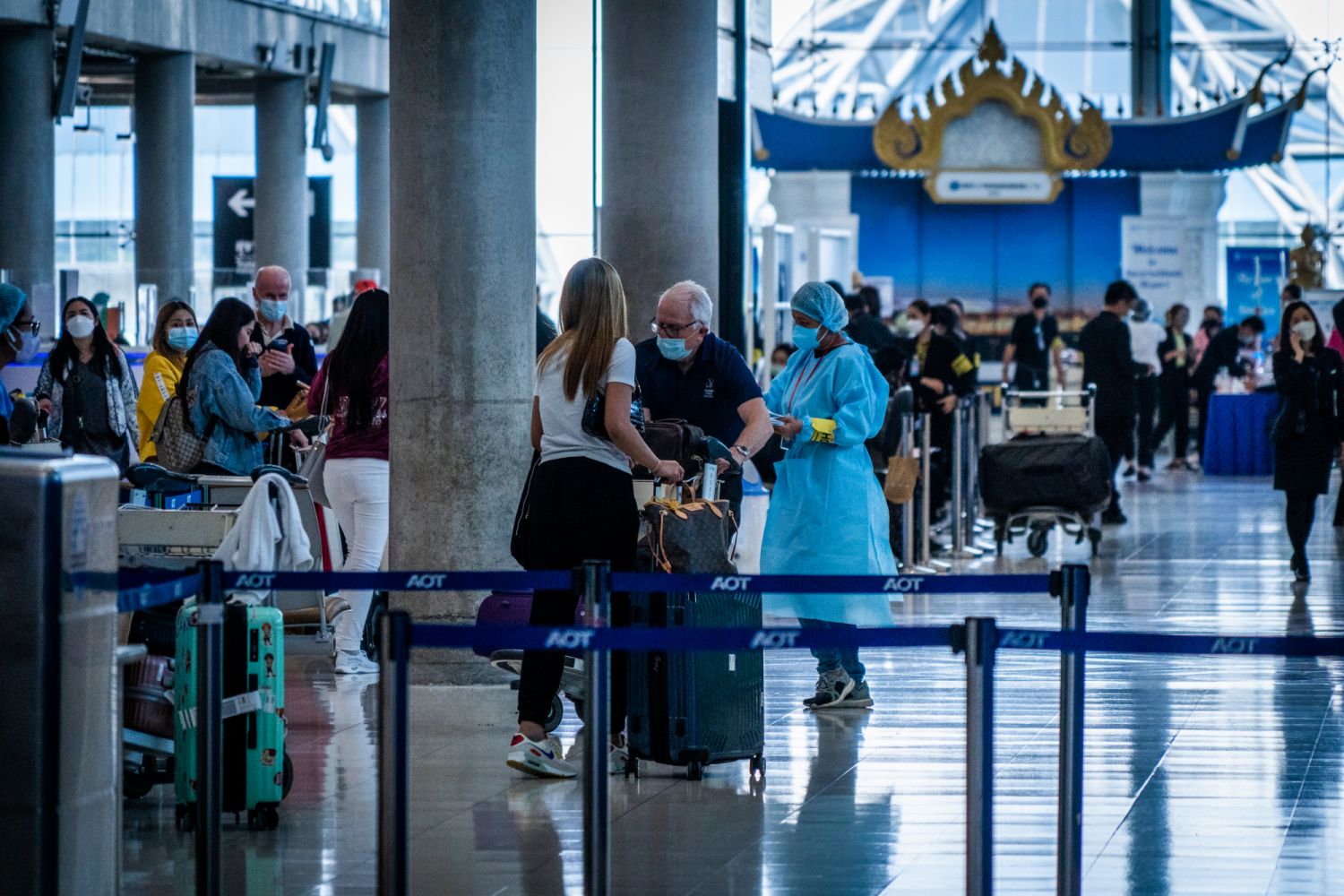As Thailand opens up to vaccinated travellers, the southeast Asian nation is becoming a favourite for post-lockdown vacationers and Hongkongers looking to 'washout'
Since reopening to all vaccinated travellers earlier this year, Thailand has seen an influx of tourists returning to enjoy its golden beaches and vibrant cities.
As it stands, the Southeast Asian country is one of the most open in the region, making it an appealing destination to those pining for their first post-lockdown vacation, or Hongkongers skirting the city’s flight bans with a two-week ‘washout’.
Of course, travelling in the time of Covid will always require additional paperwork and planning, so we’ve put together a handy guide on exactly what you’ll need to enter the country under its ‘Test and Go’ programme, whereby travellers will only need to be tested upon arrival in a SHA+ hotel and then can go if they receive a negative result.
It’s worth noting that while this was my experience travelling to Bangkok, the process is much the same no matter where you fly into within Thailand.
Don't miss: The Most Luxurious New Hotels Opening in 2022
What do I need to prepare?

The list of paperwork may look daunting at first, but online resources and efficient processing make it quick and easy. I would recommend printing out a hard copy of all documentation since you’ll be asked for it at several stages throughout your journey. You will need:
Certificate of vaccination
This is the certificate you should have been given when you received your vaccine. Any vaccine is allowed and your certificate will need to show at least two doses completed at least 14 days and no more than 12 months before arrival in Thailand.
Medical insurance
Covid-19 insurance with a minimum coverage of US$20,000 is required to enter the country. Minimum coverage used to be US$50,000, but the figure was lowered. I used AXA but there are plenty of other options too.
Day 1 SHA+ hotel reservation booking
This is the hotel where you will stay until you receive a negative PCR test result. You can find a list of hotels taking part in the SHA+ scheme on the official website. I chose to stay at The Lancaster Bangkok based on the hotel’s location and reviews online. They made everything so easy and I couldn’t recommend them enough.
Negative PCR test within 72 hours
As is the case with a lot of other countries, Thailand requires all travellers to obtain a negative Covid-19 PCR test result within 72 hours of departure. However, this requirement will be scrapped come April 1, and travellers will only be required to test upon arrival, a service normally provided by SHA+ hotels.
Thailand Pass
This is your key to Thailand. You can apply for the Thailand Pass online and will need to provide a copy of your passport, proof of your SHA+ hotel reservation, and proof of your medical insurance. The processing time for the Thailand Pass is between three and seven days, so we recommend applying as far in advance as possible.
Read more: 6 Luxury Hotels in Bangkok to Book For Your Next Trip



